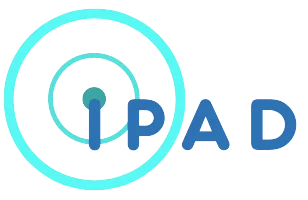Parents’ knowledge and skills about the risks of the digital world
A recent study commissioned by Poland’s Ministry of National Education investigated parents’ digital literacy (DL) regarding internet safety for their primary school-aged children. The research focused on various critical aspects, such as evaluating the reliability of online information, understanding the influence of advertising, identifying potential risks in online relationships, ensuring secure login procedures, protecting against malware, and promoting digital media ergonomics. The findings highlighted gaps in parents’ abilities to shield children from unwanted online interactions and their grasp of secure login methods. However, parents demonstrated strong proficiency in promoting healthy digital media habits and interactions with ICT. Approximately more than 20% of parents exhibited satisfactory DL levels in online safety. Factors influencing DL skills included educational background, urban or rural residency, and subjective well-being. These findings underscore the importance of targeted educational initiatives and support systems to enhance parental digital literacy, thereby creating safer online environments for children.
DATA
- CategoryPolicy papers
- CountryPoland
- LanguageEnglish
- Type of resourceDocument
